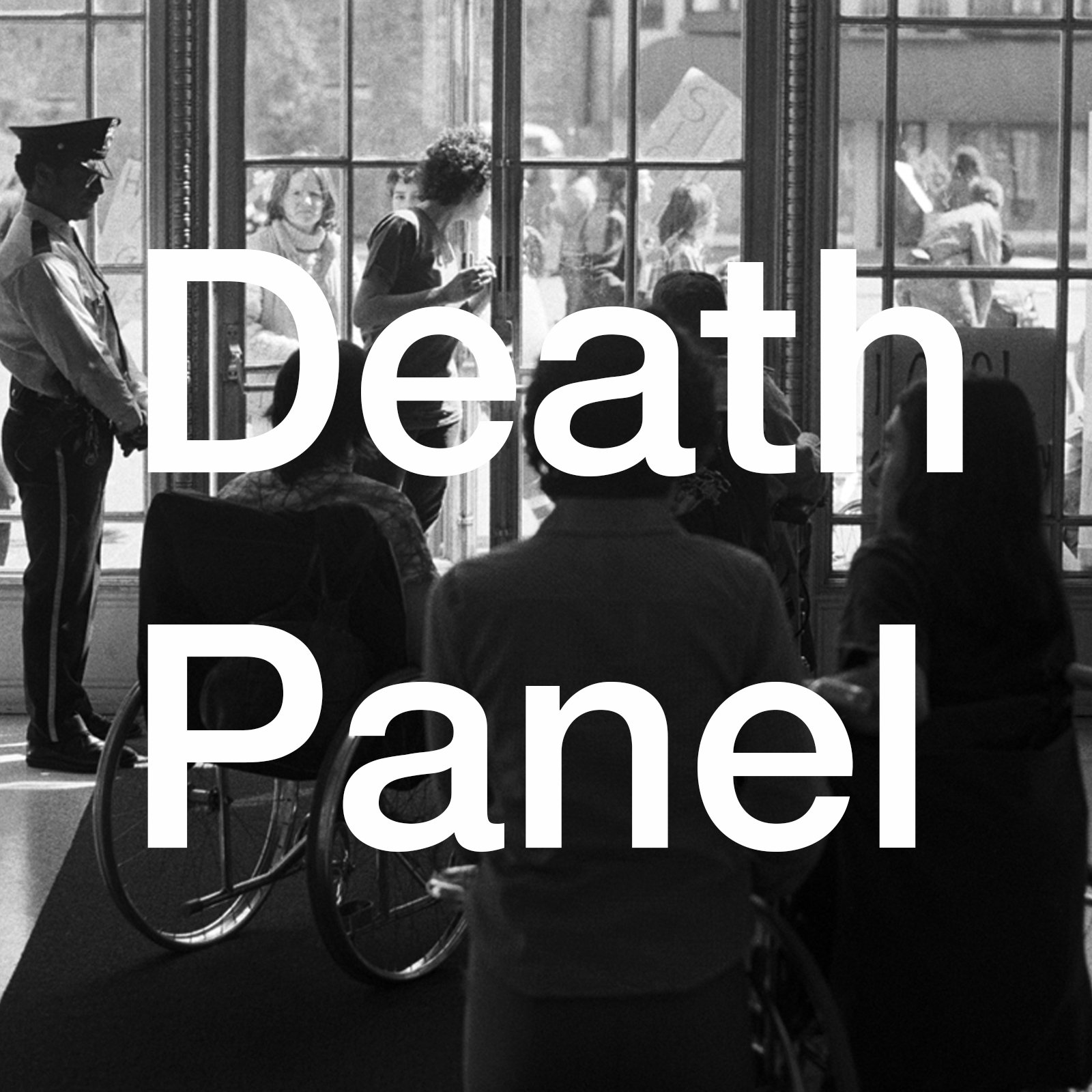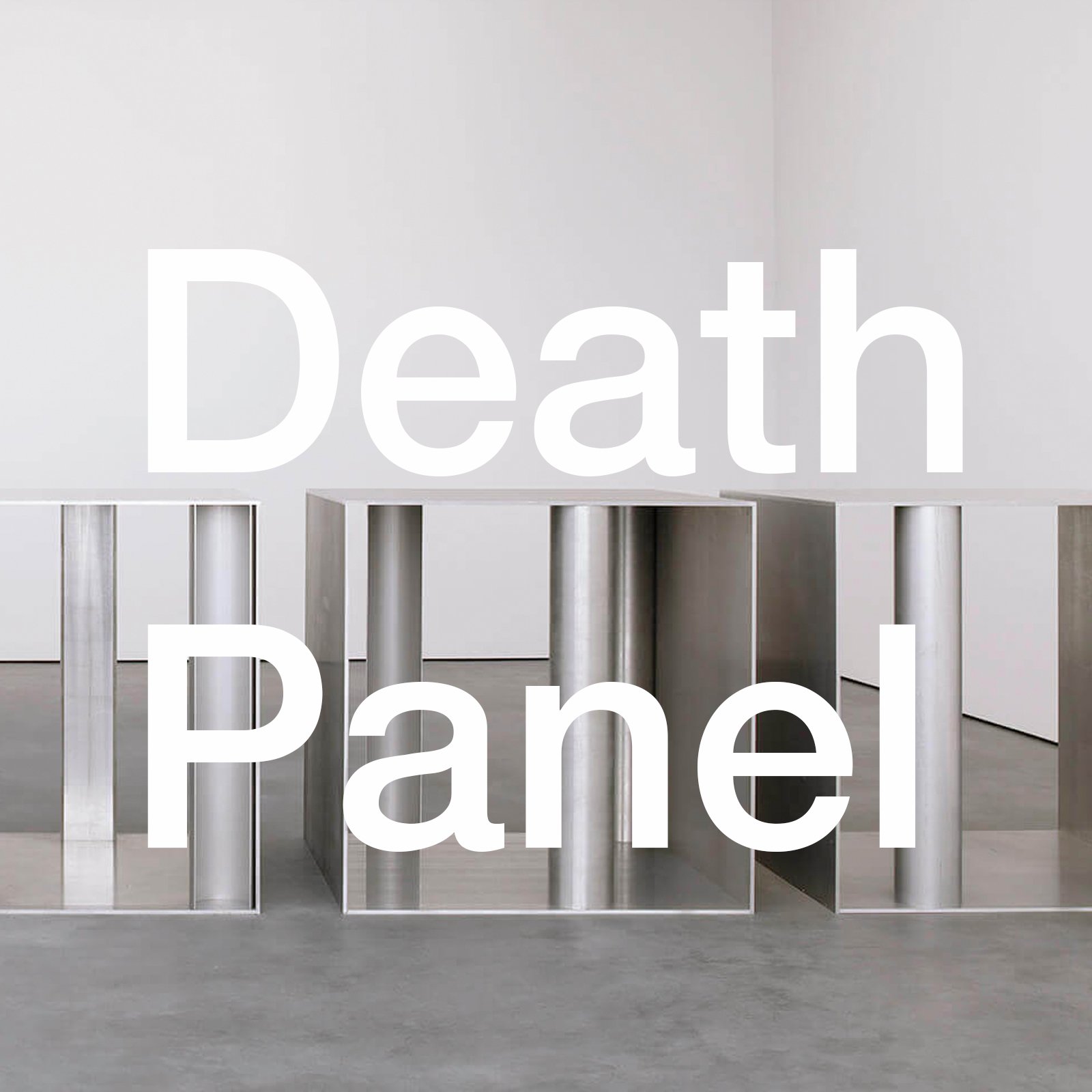Transcripts
Our goal on Patreon is to reach 2500 patrons—at which point we can afford to have regular transcripts available for all main feed episodes. For now, transcripts are available for select episodes, and we are slowly working on catching up on the back catalogue and reducing the amount of time it takes for us to finish a transcript and post it.
At the moment our capacity to offer transcripts of Death Panel is limited. This is due to Beatrice’s disability, and the conflicting access needs that exist with regard to editing/correcting transcripts and her low vision/blindness. The labor of producing transcripts is usually poorly compensated and historically is often done by disabled people due to the flexibility and availability of working on transcription from home. We are committed to making the show accessible and paying our transcript makers a fair wage.
If you would like to help us reach our goal, then please become a patron and support our work to make the show more accessible.

A Death Panel History of 504 (Parts I & II)
Death Panel podcast hosts Beatrice Adler-Bolton, Artie Vierkant and Phil Rocco tell (one version of) the story of Section 504, a landmark piece of civil rights legislation for disabled people in the US. In Part One, we look at the politics leading up to the 504 sit-in and how the implementation of Section 504 very nearly didn't happen because of concerns that it would be "too expensive." In Part Two, our story continues with a look at the sit-in action itself—the longest occupation of a federal government building in US history—and the key role played by the Oakland Black Panthers and other groups in assuring the occupation's success.

The ADA as Welfare Reform (08/03/23)
Bea and Jules mark the 33rd anniversary of the Americans with Disabilities Act (ADA) with a discussion of just how limited the law is compared with how it's portrayed, how to understand the ADA as part of the broader story of welfare state retrenchment in the 1980s and 1990s, and the broader story of how it got this way.
